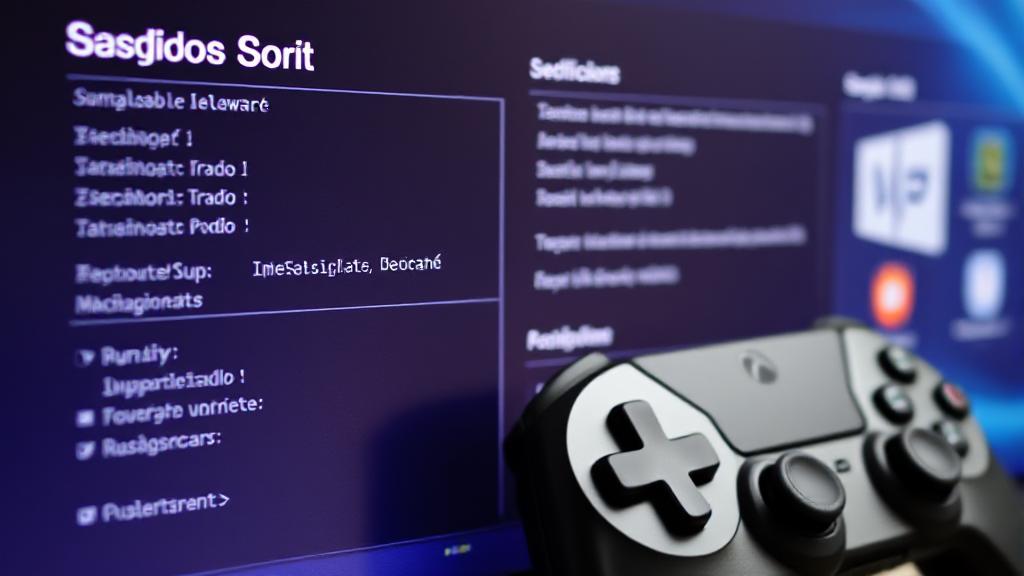Understanding System Requirements
Every game or software comes with two sets of system requirements:
- Minimum Requirements: The bare essentials needed to run the program
- Recommended Requirements: Specifications that will provide an optimal experience
Key Components to Check
- Operating System (OS): Ensure your OS version is supported. For example, some software may require Windows 10 or later.
- Processor (CPU): Check the required CPU speed and type. A game might need at least an Intel i5 or AMD Ryzen 5.
- Memory (RAM): Verify the minimum RAM needed. Many modern games require at least 8GB.
- Graphics Card (GPU): Ensure your GPU meets the minimum requirements. This is crucial for gaming.
- Storage: Check the required disk space and ensure you have enough free space.
- DirectX Version: Some games require a specific version of DirectX.
How to Check Your PC's Specifications
Windows Users
-
System Information:
- Press
Windows + R, typemsinfo32, and press Enter. - This will open the System Information window where you can see details about your OS, processor, and RAM.
- Press
-
DirectX Version:
- Press
Windows + R, typedxdiag, and press Enter. - The DirectX Diagnostic Tool will show your DirectX version and GPU details.
- Press
Mac Users
-
About This Mac:
- Click the Apple icon in the top-left corner and select "About This Mac."
- Here, you can view your Mac's OS version, processor, and memory.
-
System Report:
- Click "System Report" for more detailed information, including graphics and storage.
Online Tools for Compatibility Checks
Several online tools can automatically check if your PC can run a specific game or software:
- Can You Run It
- PC Game Benchmark
- Game-Debate
- Steam (System Requirements tab on game pages)
- PC Part Picker
Professional Analysis Tools
For detailed system analysis:
Troubleshooting Common Issues
If requirements are met but software still won't run:
- Update graphics drivers
- Install latest Windows updates
- Close background applications
- Verify antivirus isn't blocking execution
- Check for conflicting software
While often overlooked, ensure your power supply can handle additional components, especially for gaming PCs.
Final Tips
- Always check official system requirements
- Consider future upgrades if barely meeting minimums
- Factor in background processes
- Keep drivers updated for optimal compatibility
- Look for demo versions before purchasing
- Read user reviews on similar systems
- Check benchmark websites like UserBenchmark
- Remember that meeting minimum requirements doesn't guarantee optimal performance
